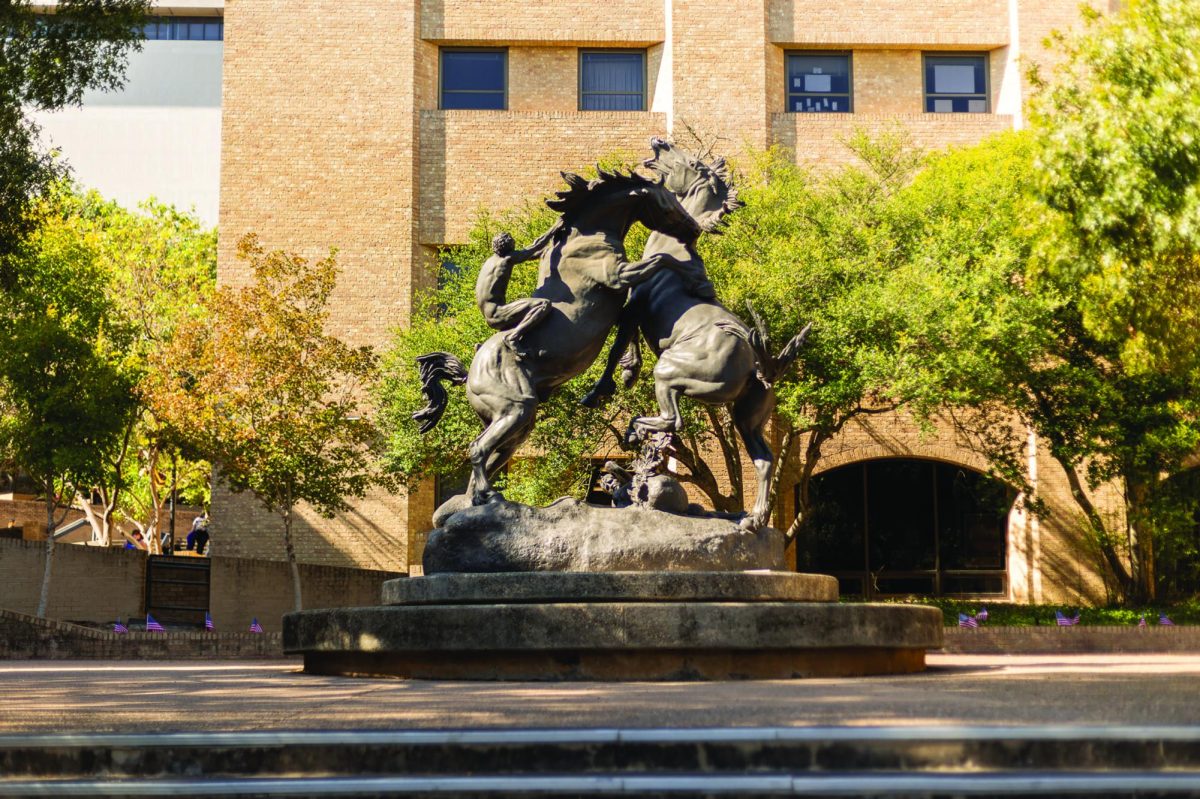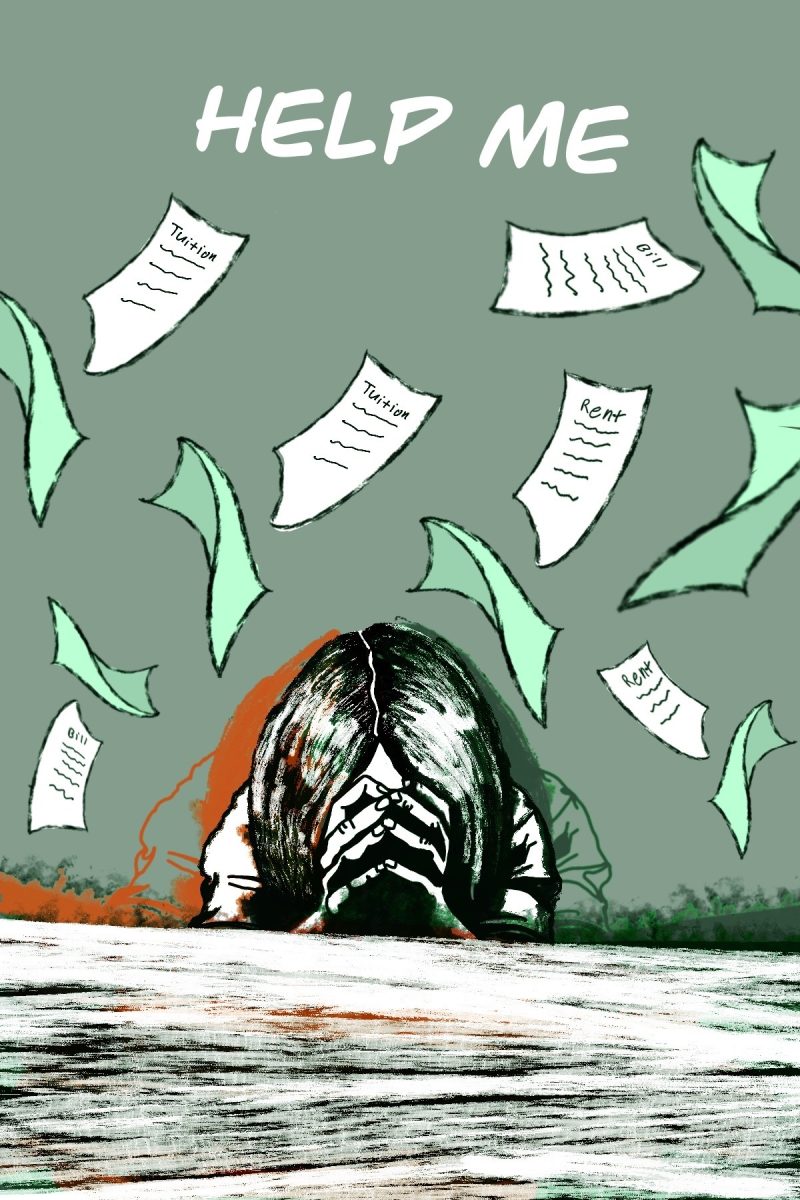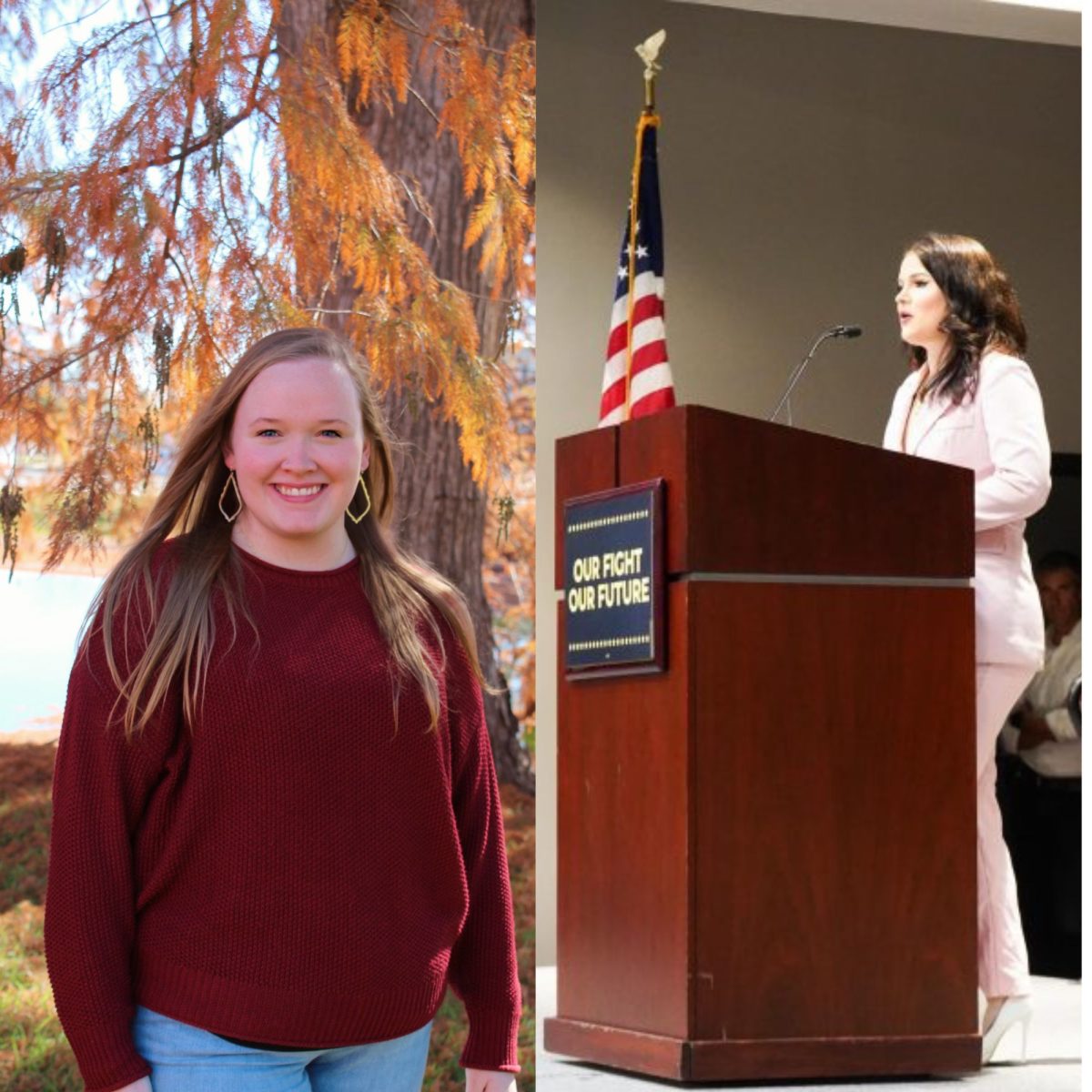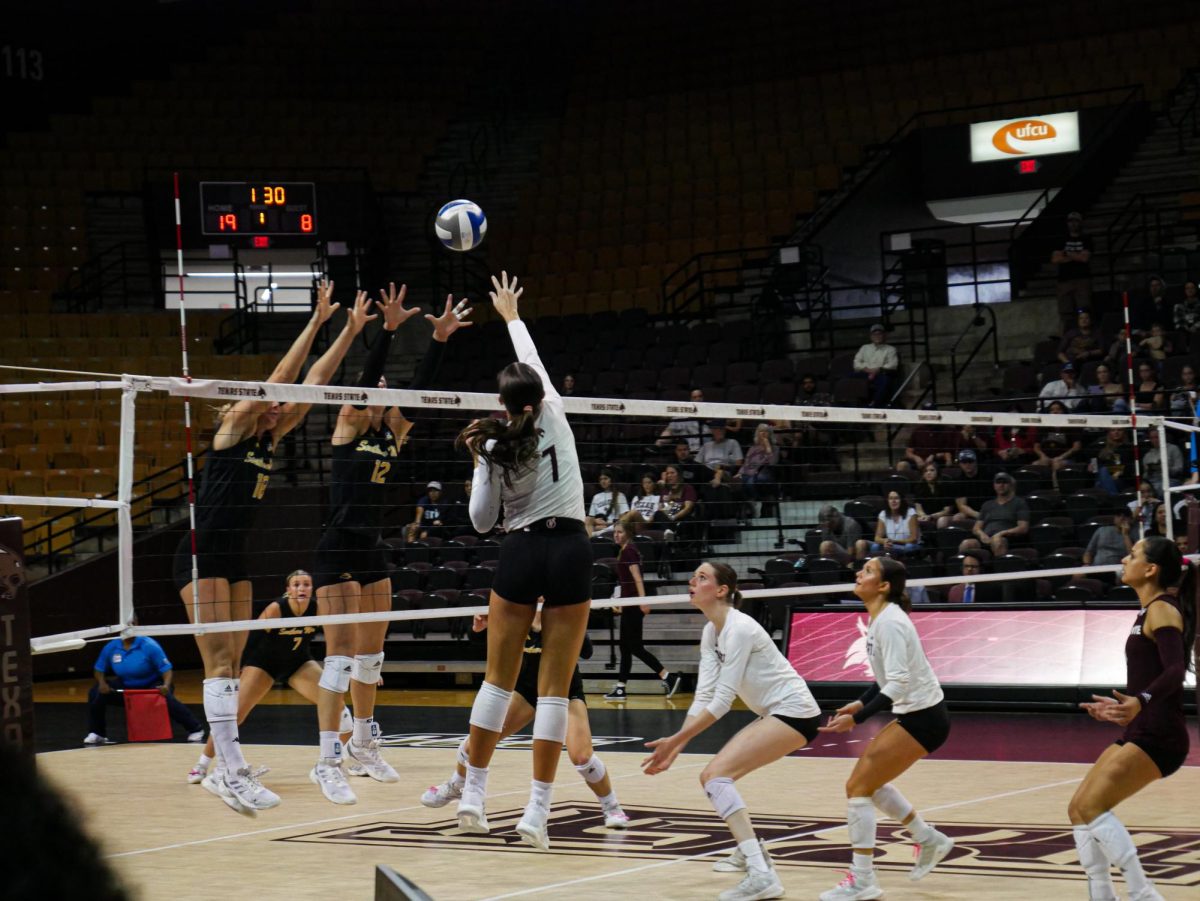It’s been over four years since COVID-19 was declared a global pandemic, changing the lives of people everywhere. Texas State returned to normalcy, but COVID-19 is still affecting students.
With the fall semester back in full swing and Texas State’s enrollment at a record high of 40,678, students need to protect themselves and others from COVID-19, as it is still dangerous for at-risk members of the community.
To detect whether there is a re-emergence of COVID-19 in San Marcos, the city monitors the concentration of the virus in its wastewater at the San Marcos Wastewater Treatment Plant.
According to COVID-19 wastewater monitoring, the virus concentration per liter of sewage is at the highest it has been since January, at 1,449,261 copies per liter. The concentration steadily increased this summer, but the largest spike happened Aug. 8 to 27.
According to the Center for Disease Control and Prevention (CDC), those who have diabetes, asthma and any other respiratory-focused conditions are still at risk of getting sick and facing serious health risks, despite the virus being less dangerous than it was in 2020.
“Community immunity” is cited by The University Health Center as preventing COVID-19 from being as deadly as it once was. However, with students from all over the world coming to Texas State, many find themselves contracting COVID-19.
Even for healthy students who can handle catching COVID-19 without serious health risks, it is a detriment to academic performance. COVID-19 symptoms at their best include congestion and a runny nose, but at their worst, students can find themselves with fever, nausea and vomiting, body aches and migraines. Extreme fatigue, as reported by The Cleveland Clinic, can even last for several weeks.
Dr. Sarah Doss, Director of University Health Services, said fatigue has been a common symptom amongst students.
“We’re seeing a lot of fatigue and headache, and a lot of sore throats,” Doss said. “[Students] should stay home until [their] fever is gone for a full 24 hours without using medication, and in addition to that, stay home until symptoms have improved.”
The world doesn’t stop for COVID-19 anymore, and students contracting it are falling behind in class due to symptoms.
Levi Hernandez teaches English 1310 for mostly freshmen. They said already this semester, two students were unable to attend class due to COVID-19.
“I don’t want you in class if you are sick, no matter what,” Hernandez said. “A lot of people get sick and miss class. They don’t test and they might have COVID and not even know it.”
When it comes to catching up with coursework, Hernandez said they provide most materials on Canvas, but that may not always be enough.
“In certain classes, just looking at the missed slides is probably not going to make up for the missed [class] content,” Hernandez said. “It’s best to actually talk to the professor during office hours, or get a friend’s notes.”
Students must take measures to prevent the spread of COVID-19 on campus.
“The most effective way to stop the spread is to stay home when you’re sick,” Doss said. “The next most important thing is the vaccination.”
The Student Health Center now offers the latest COVID-19 vaccination to all students. Students can make an appointment by calling the Student Health Center at 512-245-2161.
No one is invincible, and students must recognize what is at stake when it comes to spreading COVID-19.
-Faith Fabian is an English junior
The University Star welcomes Letters to the Editor from its readers. All submissions are reviewed and considered by the Editor in Chief and Opinions Editor for publication. Not all letters are guaranteed for publication.




















